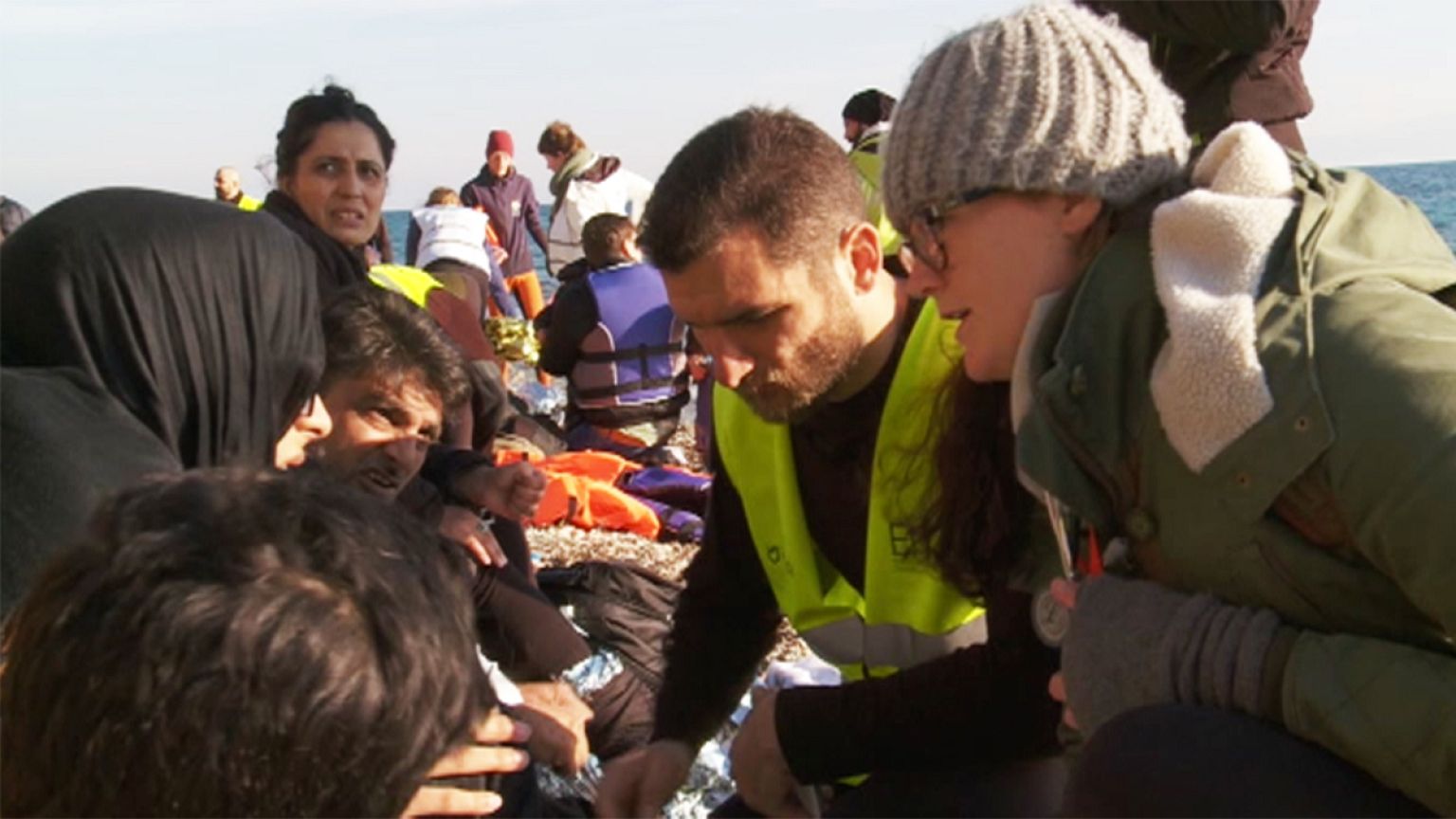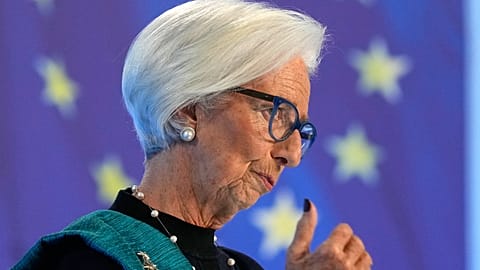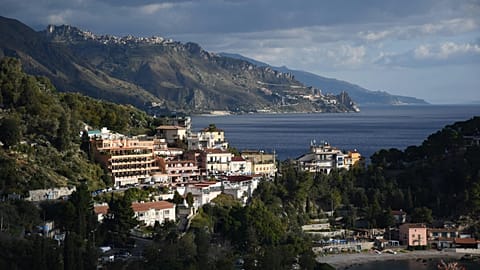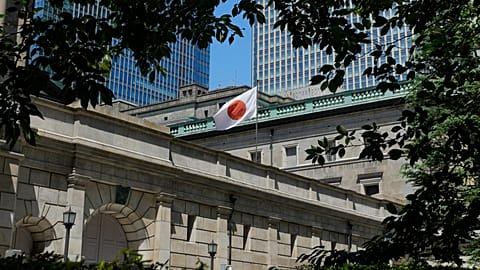The challenge of dealing with thousands of refugees could have a silver lining for Greece with emergency aid money boosting the country's economy.
The challenge of dealing with tens of thousands of refugees could have a silver lining for Greece.
The emergency aid money given to the Athens government is boosting the country’s economy.
There are an estimated 60,000 refugees in Greece, and so far 500 million euros in economic assistance has come from the European Union and around 200 million from non-governmental organisations.
Tassos Anastasatos, the Deputy Chief Economist at Eurobank, told Euronews: “Over the next couple of years, there will be significant EU funds committed to the refugee crisis, it’s expected to total more than one billion euros, and that will have a positive effect. That money is going to generate, to a significant degree, demand for goods and services, thus boosting economic activity.”
Euronews Athens Business correspondent Symela Touchtidou reports: “Experts at the commercial lender the National Bank of Greece have estimated EU funds for the refugee crisis have helped increase Greek GDP by 0.3 percent this year. In a year full of challenges, and for an economy struggling to get back on its feet, this is seen as a major help.”
The European Union has already given out aid directly to refugees in some countries.
That comes in the form of vouchers which they can use to buy goods from local merchants
It is considering doing the same in places like Greece as Panos Carvounis, the head of the European Commission’s office in Greece, told us: “We think maybe it would be better to do that, and we are preparing to give money directly to refugees through vouchers, and they could then spend those vouchers in local markets to buy food, clothing and personal items.”
A voucher system means refugees do not have to queue up for food and clothing and also potentially benefits local Greek communities.
However not everything is positive. Analysts say that in the short term, money from the budget being spent on the refugee crisis is not available for other Greek needs, which will have a negative social effect. But the main challenges are in the future.
Anastasatos points out “Whether the refugee influx will have a positive effect in the Greek economy will depend on two things. First, whether these persons carry knowledge and qualifications i.e. human capital. Second, the degree to which they can integrate into the Greek society and become economically productive.”
nytimes</a> - 60,000+ refugees and migrants have been stranded in Greece following European border closure <a href="https://t.co/FNypy75O59">https://t.co/FNypy75O59</a></p>— Doctors w/o Borders (MSF_USA) October 20, 2016
Thousands of refugees stranded in Greece after wealthy EU states take just 3% of numbers pledged https://t.co/EL7HTQzCpA
— The Independent (@Independent) October 16, 2016
School year begins! #UNHCR distributes school bags to
Refugees</a> children in Derveni-Dion, Northern <a href="https://twitter.com/hashtag/Greece?src=hash">#Greece</a> <a href="https://t.co/oNOGwoBOuL">pic.twitter.com/oNOGwoBOuL</a></p>— UNHCR Greece (UNHCRGreece) October 10, 2016
Our teams have assembled 28 bikes for Kavala camp in northern Greece. Bicycles give dignity and some sense of normality #refugeeswelcome pic.twitter.com/I7hFPn5Wu8
— HelpRefugeesUK (@HelpRefugeesUK) October 16, 2016


















